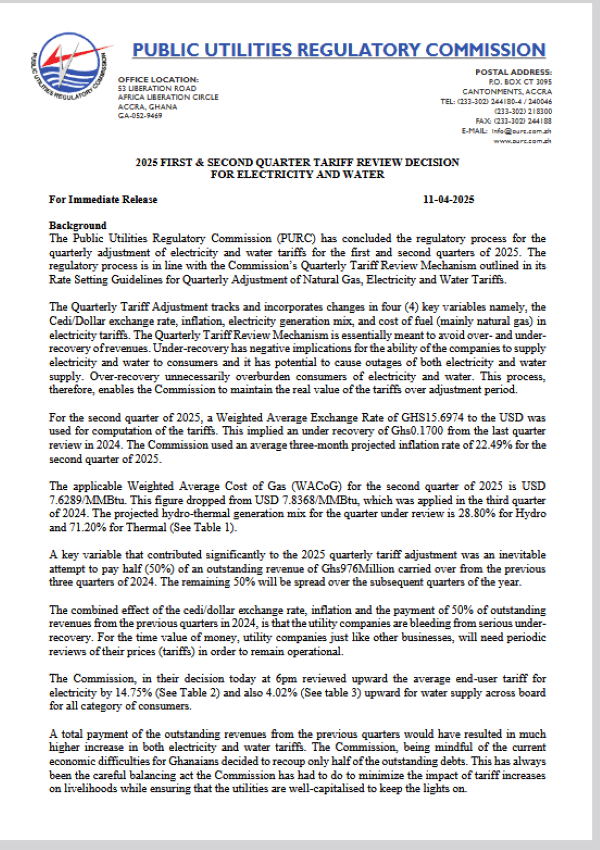Drinking coconut water proved to be fatal for a man as he got brain damage a few hours after its consumption. This horrible incident was reported back in 2021 in a paper that mentioned the man had drunk the water directly from the coconut using a straw.
The report on Emerging Infectious Diseases further mentioned that the 69-year old man from Denmark drank “only a small amount” “because the water had a foul taste.” It was also mentioned, “Afterward, he opened the nut and described to his wife that the interior was slimy and looked rotten.”
It should be noted here that the coconut in question was prepared commercially and the husk was removed and had “an included punch and straw for easy access to the carpels (holes) and the coconut water.” While it was supposed to be stored at 4°C–5°C in the fridge, this one was kept on the kitchen counter for almost a month.
While the man did not feel anything right after consuming the coconut water, troubles started some 3 hours later as he started to vomit and feel nauseous and sweaty. As the paramedics arrived, he was seen with “pale and clammy skin, reduced mental state with confusion, dystonia, and poor balance but normal strength in the extremities.”
He was immediately taken to a hospital and admitted to the ICU after he lost consciousness. It was reported, “MRI scans taken in hospital showed he had severe brain swelling, but medics remained baffled by what had caused the reaction. Despite being treated in intensive care for metabolic encephalopathy – when problems with metabolism cause brain dysfunction – he was declared brain dead 26 hours after arriving at hospital and his life support was switched off.”
The cause of death was determined to be “poisoning with 3-nitropropionic acid from coconut water spoiled with the fungus Arthrinium saccharicola.” It was also mentioned, “Fungi of the Arthrinium genus produce the lipophilic and highly toxic 3-nitropropionic acid (3-NPA), which is involved in the etiology of moldy sugar cane poisoning with severe encephalopathy.”
More on the case followed, as the experts said, “3-NPA irreversibly binds to and inhibits succinate dehydrogenase in the mitochondria, thereby blocking the citric acid cycle and ATP generation in cells, which would explain the observed severe lactate acidosis. The symptoms of 3-NPA toxicity in humans are similar to those for bongkrekic acid, as described regarding sugar cane poisoning in humans in China and Africa, including initial gastrointestinal symptoms with vomiting and diarrhea and progressing encephalopathy leading to coma and death. These symptoms are similar to those of the patient.”
It is therefore extremely important to be aware of the condition of any kind of food and drink before consuming it. Packaged food should be stored properly, following the guidelines and in case of fresh foods, they should be consumed within a particular timeframe only.

















































































